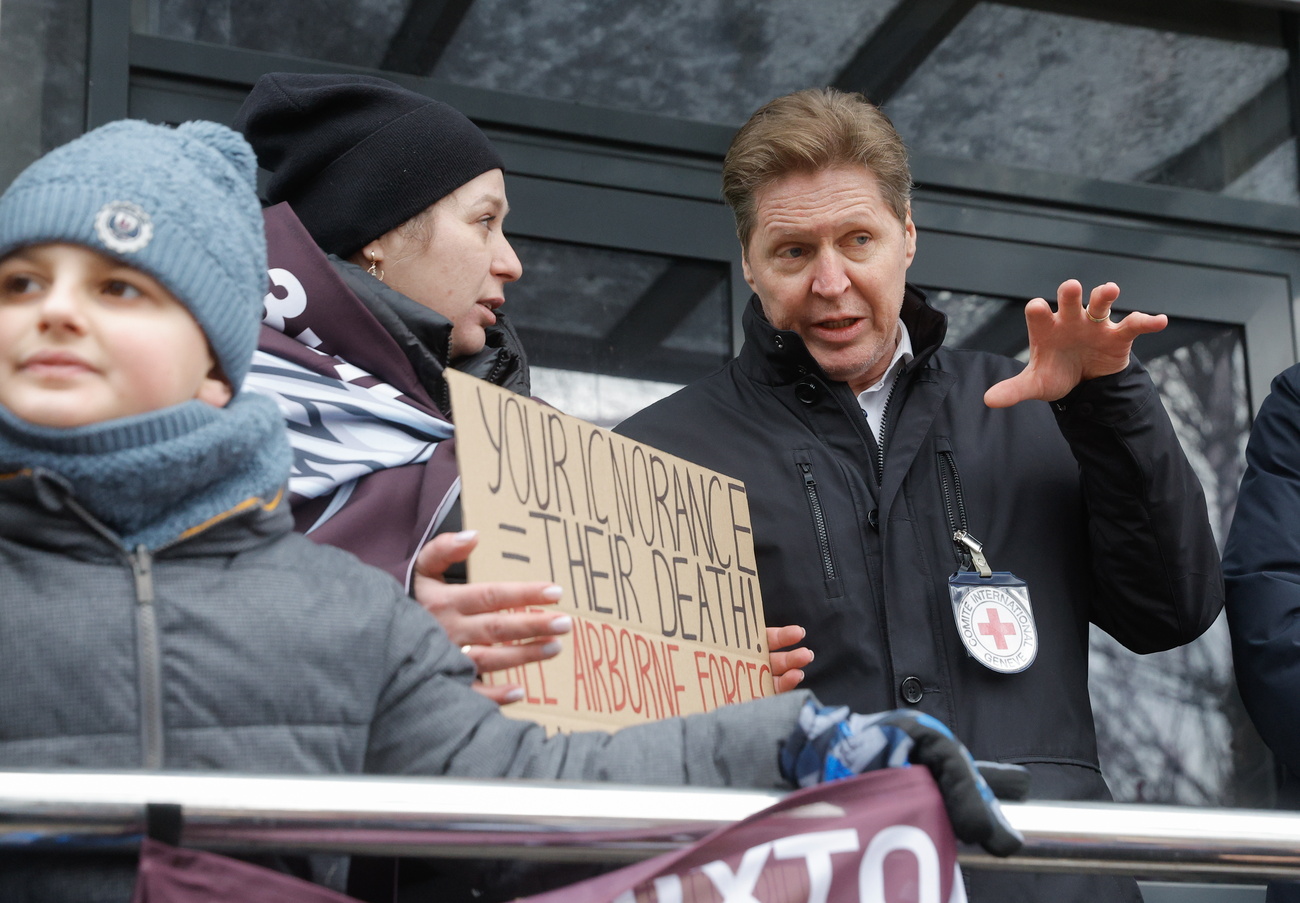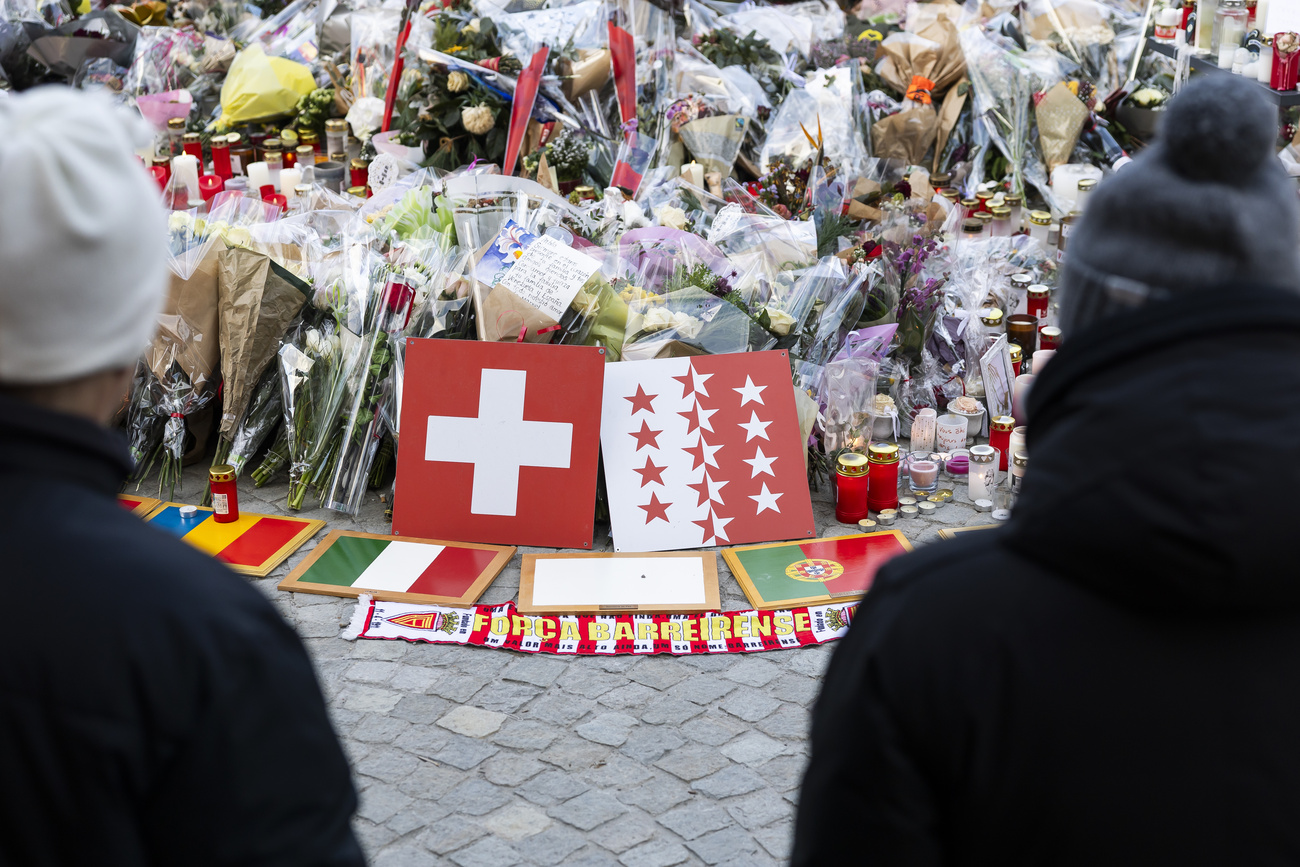
Outgoing ICRC chief in Ukraine defends neutrality amid war

Swiss national Jürg Eglin is ending his two-and-a-half-year term as head of the International Committee of the Red Cross (ICRC) in Ukraine. Looking back, he admitted that neutrality is hard to explain in wartime but said acceptance of the ICRC has grown.
“When I started here two and a half years ago, I came in the hope that this war would soon come to an end. Now, in August 2025, we are still in the middle of the fighting,” Eglin told Swiss public broadcaster SRF.
He said the ICRC’s work is now more effective. Relations with the public and Ukrainian authorities have also improved.
In the first years of Russia’s full-scale invasion, the ICRC was heavily criticised. “Our principles are hard to understand amid the chaos of war,” Eglin said in reference to the ICRC core tenets of neutrality and impartiality.
+ Get the most important news from Switzerland in your inbox
Over time, he argued, the benefits of those principles became clearer. The ICRC could deliver aid others could not, working under international humanitarian law and the Geneva Conventions. “As a large organisation, we are very visible,” he said. “We can do things that others cannot.”
“At the end of the day, it becomes clear that these principles do have value,” he added. “We have brought a lot of relief to families of fallen soldiers and to relatives of prisoners of war.”
Some complaints were justified, he conceded. “The criticism that not enough is being done is partly justified,” he said. But he stressed that many barriers were systemic and outside the ICRC’s control. On accusations of indifference, he said: “They know that we have empathy and show it. I reject the criticism of a lack of empathy.”
Eglin said the ICRC remains highly visible, but much of its work must be done discreetly. That discretion, he noted, is essential for access to authorities, security forces, and across front lines.
What is your opinion? Join the debate:
SRF-Swissinfo/ds

In compliance with the JTI standards
More: SWI swissinfo.ch certified by the Journalism Trust Initiative






























You can find an overview of ongoing debates with our journalists here . Please join us!
If you want to start a conversation about a topic raised in this article or want to report factual errors, email us at english@swissinfo.ch.